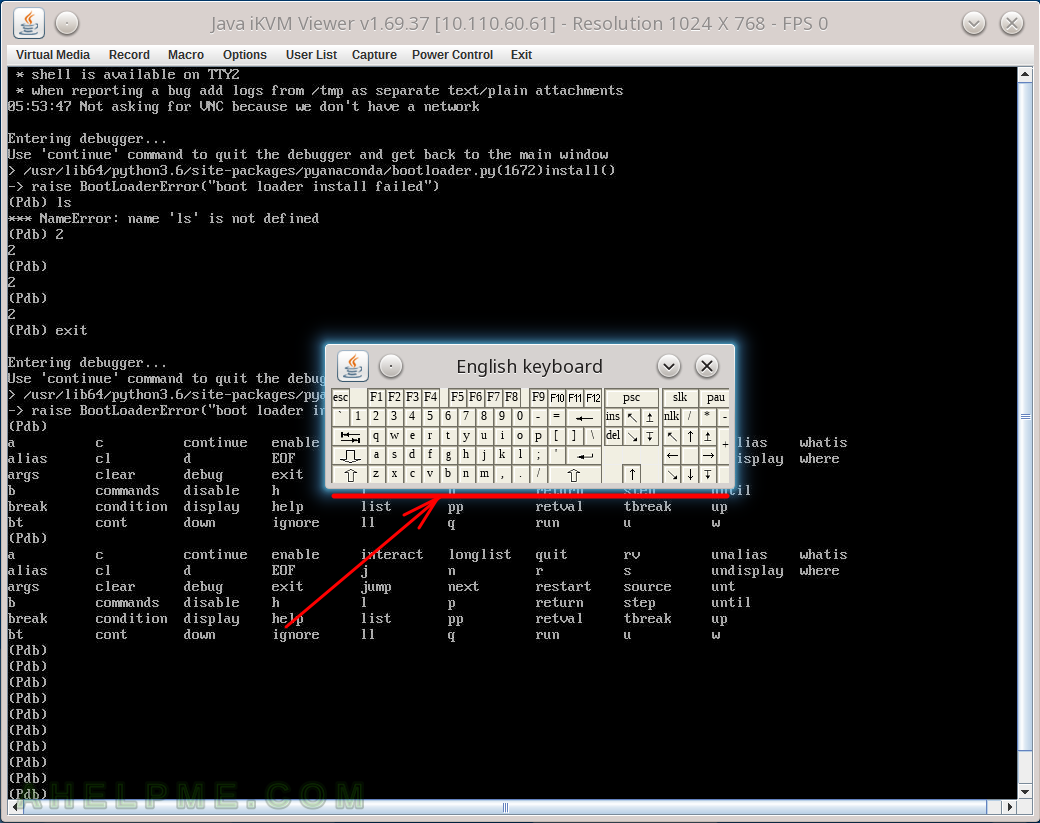Under Gentoo and emerge it will eventually end up using “–resume” paired with “–skipfirst” emerge command, which should resume last list of packages to build without the first one. Each execution of emerge command should reset the list but apparently it might not be the case (in fact two lists are kept – resume and resume_backup, read below).
The command just reads a list of packages and emerges them – it’s fast and it does not go through the whole process of dependancy check! But sometimes the list could be old or get corrupted or it just throws errors for “Invalid resume list“:
dekstop ~ # emerge --resume --skipfirst
These are the packages that would be merged, in order:
Calculating dependencies... done!
* Invalid resume list:
*
* ('ebuild', '/', 'kde-frameworks/kpty-5.66.0', 'merge')
* ('ebuild', '/', 'kde-plasma/libkscreen-5.17.5', 'merge')
* ('ebuild', '/', 'kde-apps/kmbox-19.12.1', 'merge')
* ('ebuild', '/', 'kde-frameworks/kdesignerplugin-5.66.0', 'merge')
* ('ebuild', '/', 'kde-plasma/kwayland-integration-5.17.5', 'merge')
* ('ebuild', '/', 'kde-plasma/xembed-sni-proxy-5.17.5', 'merge')
* ('ebuild', '/', 'net-libs/accounts-qml-0.7-r1', 'merge')
* ('ebuild', '/', 'kde-apps/akonadi-notes-19.12.1', 'merge')
....
....
* One or more packages are either masked or have missing dependencies:
*
* dev-lang/python:3.4[xml(+)] pulled in by:
* (dev-python/setuptools-40.6.2:0/0::gentoo, installed)
*
* dev-lang/python:3.5[xml(+)] pulled in by:
* (dev-python/setuptools-40.6.2:0/0::gentoo, installed)
*
* dev-lang/python:3.4 pulled in by:
* (dev-python/certifi-2018.8.24:0/0::gentoo, installed)
*
* dev-lang/python:3.5 pulled in by:
* (dev-python/certifi-2018.8.24:0/0::gentoo, installed)
*
* dev-libs/openssl:0/0= pulled in by:
* (dev-lang/python-2.7.17-r1:2.7/2.7::gentoo, installed)
*
* dev-lang/python:3.5 pulled in by:
* (dev-util/glib-utils-2.56.2:0/0::gentoo, installed)
*
* dev-lang/python:3.4 pulled in by:
* (sys-apps/file-5.35:0/0::gentoo, installed)
*
* dev-lang/python:3.5 pulled in by:
* (sys-apps/file-5.35:0/0::gentoo, installed)
*
* >=dev-libs/icu-58.1:0/60.2= pulled in by:
* (dev-lang/spidermonkey-52.9.1_pre1:52/52::gentoo, installed)
....
....
* dev-lang/python:3.4 pulled in by:
* (virtual/python-enum34-1:0/0::gentoo, installed)
*
* dev-lang/python:3.5 pulled in by:
* (virtual/python-enum34-1:0/0::gentoo, installed)
*
* dev-libs/openssl:0/0= pulled in by:
* (dev-lang/python-3.7.6:3.7/3.7m::gentoo, installed)
*
* The resume list contains packages that are either masked or have
* unsatisfied dependencies. Please restart/continue the operation
* manually, or use --skipfirst to skip the first package in the list and
* any other packages that may be masked or have missing dependencies.
Not all packages are included above, but it is clear that the list includes packages not only from the last emerge command. The list includes multiple old packages and dependencies about python:3.4, python:3.5, openssl:0/0.
The list is located in the binary file: /var/cache/edb/mtimedb and to clean the list you should execute:
desktop ~ # emaint --fix cleanresume Emaint: fix cleanresume 100% [============================================>]
It is safe to the directory, too:
rm -Rf /var/cache/edb/
emaint is part of the sys-apps/portage package, so the program should always be available in the system.
*Bonus 1 – old packages
There is one more problem in the above example! In fact, you may clear the resume list with emaint or remove the whole directory “/var/cache/edb”, but still to receive such errors let’s say resuming log lists like KDE, gnome, qt packages (packages with many dependencies).
This problem persists not only with “–resume”, but also with “–keep-going” option!
When using “–keep-going” option you’ll get the same errors after the line “One or more packages are either masked or have missing dependencies”. So it is not an option, which may replace the “–resume” option.
Even all dependencies were resolved when the emerge list was generated when resuming a list of packages may throw errors for packages, which pull old packages because they had not been rebuilt against the updated of some of their dependencies. For example, simple enough from the above emerge resume command:
Some packages of our KDE resume list depends on the “dev-python/setuptools”, which has not been rebuilt against the new python (or after a removed old version python 3.4 and 3.5 or even another [old] package depends on the old python 3.5 and dev-python/setuptools, which has not been rebuilt after the python 3.4/3.5 removal!) and now this is a problem to resume the emerge list.
The solution is to take all those packages (after the line “One or more packages are either masked or have missing dependencies”) and rebuild or remove them.


